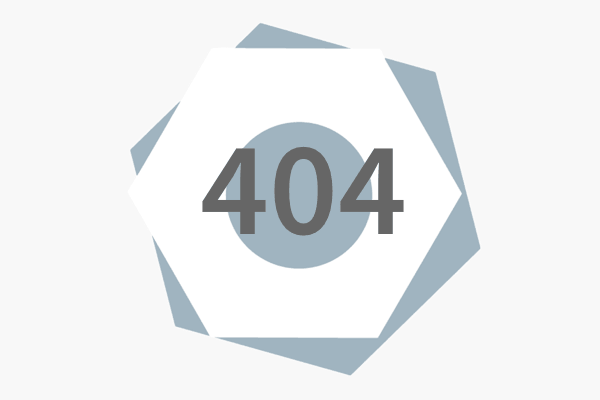Ten Myths About Web Privacy
 Writing in the Wall Street Journal, Paul Rubin explores some of the myths that surround the issue of web privacy:
Writing in the Wall Street Journal, Paul Rubin explores some of the myths that surround the issue of web privacy:
Privacy on the Web is a constant issue for public discussion—and Congress is always considering more regulations on the use of information about people's habits, interests or preferences on the Internet. Unfortunately, these discussions lead to many misconceptions. Here are 10 of the most important:
1) Privacy is free. Many privacy advocates believe it is a free lunch—that is, consumers can obtain more privacy without giving up anything. Not so. There is a strong trade-off between privacy and information: The more privacy consumers have, the less information is available for use in the economy. Since information helps markets work better, the cost of privacy is less efficient markets.
2) If there are costs of privacy, they are borne by companies. Many who do admit that privacy regulations restricting the use of information about consumers have costs believe they are born entirely by firms. Yet consumers get tremendous benefits from the use of information.
Think of all the free stuff on the Web: newspapers, search engines, stock prices, sports scores, maps and much more. Google alone lists more than 50 free services—all ultimately funded by targeted advertising based on the use of information. If revenues from advertising are reduced or if costs increase, then fewer such services will be provided.
3) If consumers have less control over information, then firms must gain and consumers must lose. When firms have better information, they can target advertising better to consumers—who thereby get better and more useful information more quickly. Likewise, when information is used for other purposes—for example, in credit rating—then the cost of credit for all consumers will decrease.
4) Information use is "all or nothing." Many say that firms such as Google will continue to provide services even if their use of information is curtailed. This is sometimes true, but the services will be lower-quality and less valuable to consumers as information use is more restricted.
For example, search engines can better target searches if they know what searchers are looking for. (Google's "Did you mean . . ." to correct typos is a familiar example.) Keeping a past history of searches provides exactly this information. Shorter retained search histories mean less effective targeting.
5) If consumers have less privacy, then someone will know things about them that they may want to keep secret. Most information is used anonymously. To the extent that things are "known" about consumers, they are known by computers. This notion is counterintuitive; we are not used to the concept that something can be known and at the same time no person knows it. But this is true of much online information.
Click here to read more.

